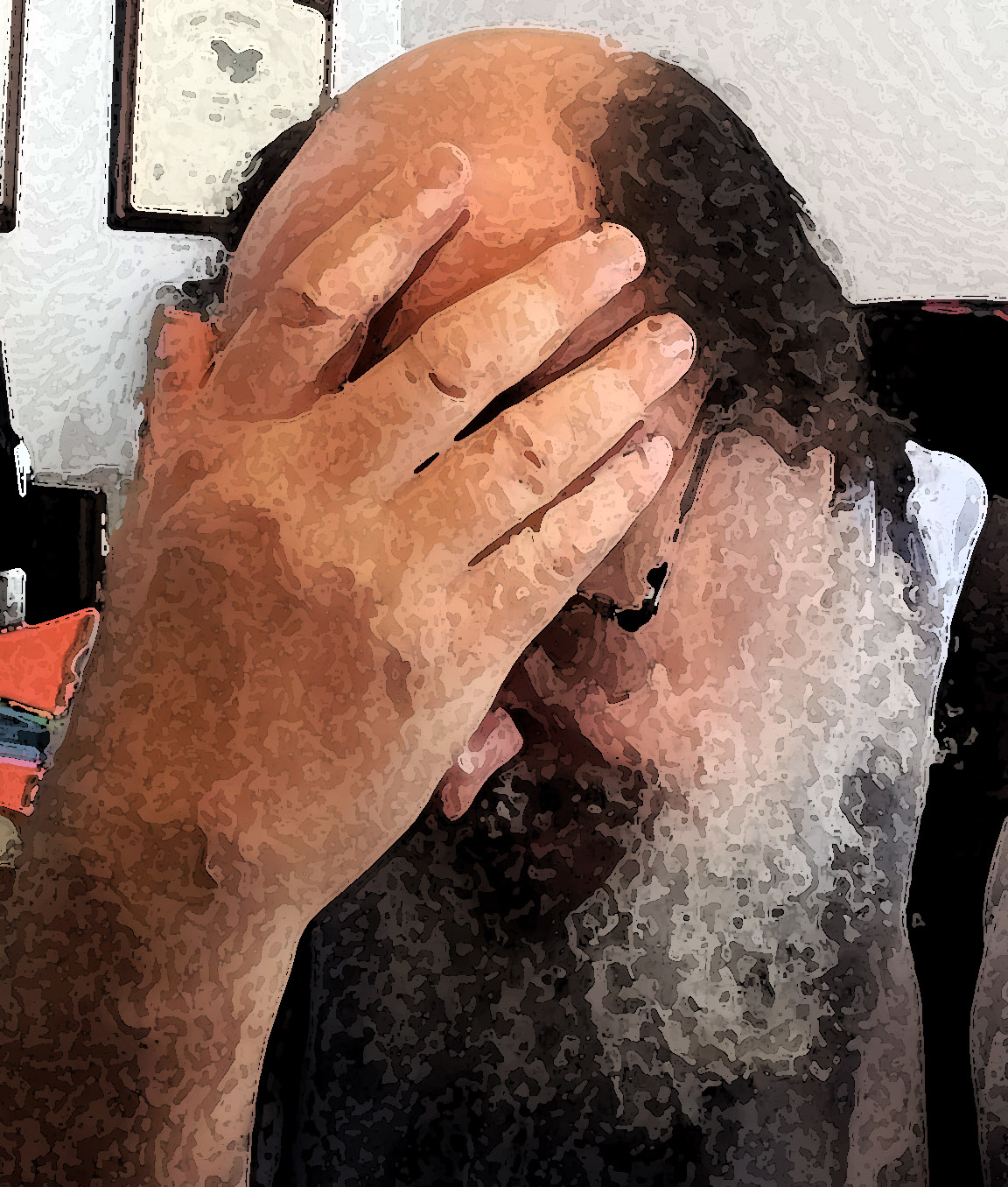 Psychologists provide assessment and treatment services to individuals coping with chronic pain. Assessment often involves examination of coping skills and tries to rule out anxiety, depression, PTSD and other disorders which can occur in chronic pain and traumatic injuries. Psychologists employ treatment strategies such as muscle relaxation and cognitive-behavioral approaches to help manage pain and improve functioning. Psychologists provide assessment and treatment services to individuals coping with chronic pain. Assessment often involves examination of coping skills and tries to rule out anxiety, depression, PTSD and other disorders which can occur in chronic pain and traumatic injuries. Psychologists employ treatment strategies such as muscle relaxation and cognitive-behavioral approaches to help manage pain and improve functioning.
Chronic pain can cause disruption of self-esteem, occupational & family roles. Stress reactions & pain cause the mind & body to become aroused & ready for action. Increased emotional & physical tension accompany this state & may become chronic, resulting in further increased pain, reduction of function & increased risk of anxiety & depression. Sleep disorders can co-occur and further increase complaints.
Chronic pain sufferers may find it difficult to focus on things other than their pain & lose access to the satisfying things they previously enjoyed. Others may find it difficult to reduce their expectations & may overdo activities resulting in further injuries or a cycle of overwork & disability.
A loss of sense of control & self-esteem often accompanies chronic pain. Co-workers, friends & family members who may not be able to understand the pain problem. Others may become frustrated in attempts to be helpful. As a consequence, pain sufferers may become increasingly isolated. Individuals may find that old ways of dealing with problems are no longer effective or do not work in managing their pain. Individuals may find themselves taking increasing numbers or doses of medication, many of which are addictive.
Sometimes individuals who suffer chronic pain or traumatic injury become involved in the legal system. Clinical Psychology Associates of North Central Florida has an established history of more than 30 years of providing defense or plaintiff-requested psychological IME services and psychological evaluations in Worker's Compensation cases.
Some people are confused why they may be sent to a psychologist for a medical problem, injury or chronic pain complaint. Learn more about why you may have been referred to a clinical health psychologist by clicking on the link.
|
Negative self-beliefs & frustration that old ways of coping don’t work may result in giving-up, negative expectations, & worse outcomes. Breaking the stress, adjustment, & pain circle can improve the chances of successful rehabilitation & return to work & normal activities.
Some individuals with pain difficulties may face the prospects of reduced work capacity or necessity for changing occupations. Assistance is often required to make these adjustments & help restore a sense of productivity & self-worth.
| Individuals can be empowered & learn behavioral strategies, psychological methods & psychological techniques to control & manage pain to supplement medical interventions. |
Through learning to reduce emotional & physical tension, individuals can learn active & effective ways of coping with pain & related sources of distress. These methods may be helpful for achieving goals of increased self-control, reduced medication dependency, increased enjoyment of activities & relationships, increased functional capacity & quality of life.
|

